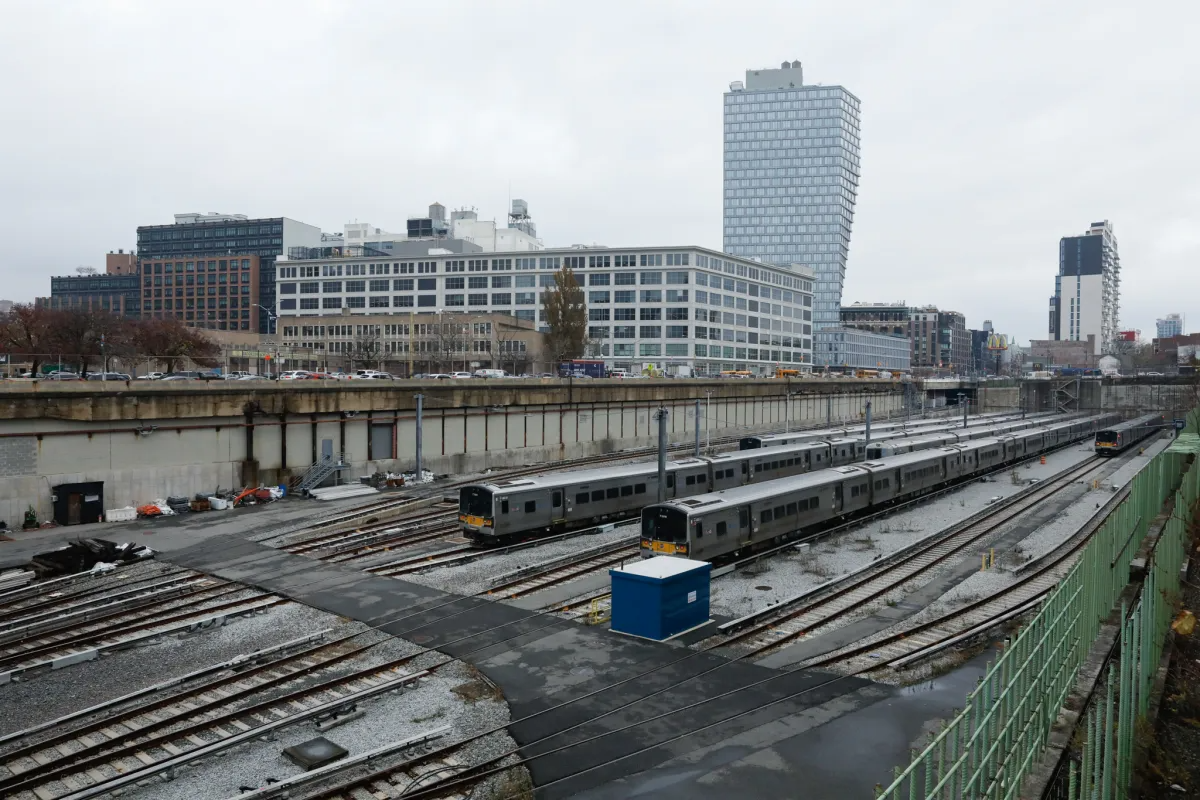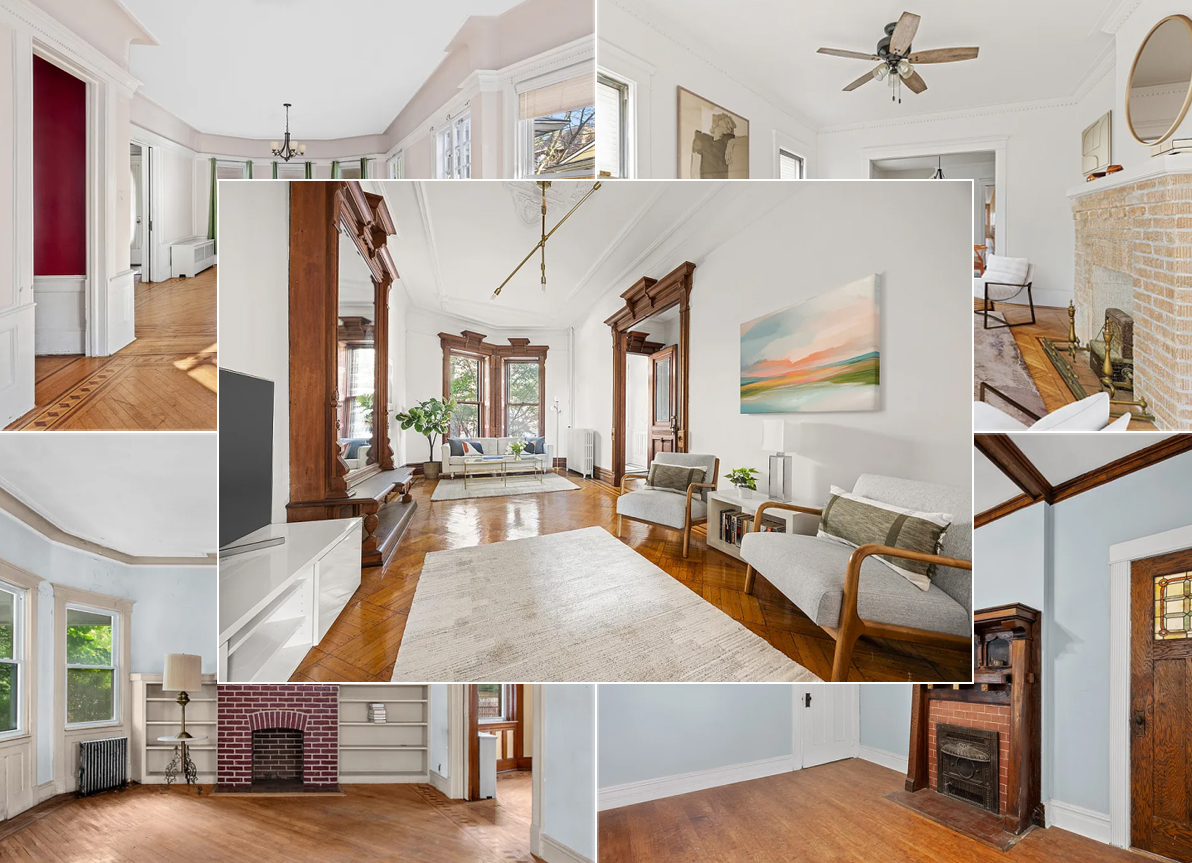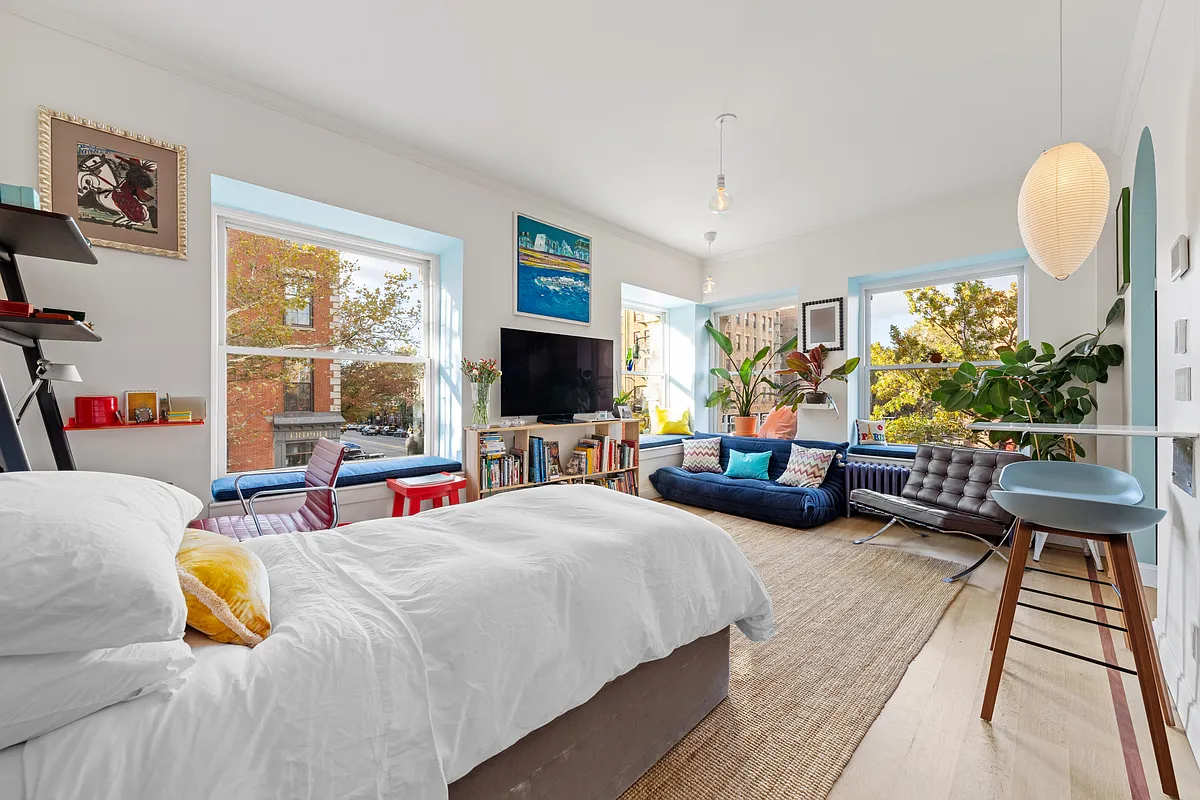Home Ownership Bad for Your Health
Perhaps those who feel desperate to own a home will take a pause after reading this article from Portfolio. “Homeownership is overrated and… it carries a downside as well as an upside,” they write, based on a study of health and happiness and home ownership among women. I find little evidence that homeowners are happier…


Perhaps those who feel desperate to own a home will take a pause after reading this article from Portfolio. “Homeownership is overrated and… it carries a downside as well as an upside,” they write, based on a study of health and happiness and home ownership among women.
I find little evidence that homeowners are happier by any of the following definitions: life satisfaction, overall mood, overall feeling, general moment-to-moment emotions (i.e., affect) and affect at home. Several factors might be at work: homeowners derive more pain (but no more joy) from both their home and their neighborhood. They are also more likely to be 12 pounds heavier, report lower health status and poorer sleep quality. They tend to spend less time on active leisure or with friends. The average homeowner reports less joy from love and relationships. She is also less likely to consider herself to enjoy being with people…
The great satisfaction from ownership, they say, comes when property values increase. Now that that’s less likely, and in many cases values are decreasing, why buy at all, when you can rent and be happy? “In fact, if Americans could be persuaded that rent payments aren’t ‘wasted money’ and that owning often makes less financial sense than renting, I think the rate of homeownership might, happily, drop substantially.”
Homeownership Makes You Fat and Unhappy [Portfolio]
Photo by TheTruthAbout.





FinanceGuy @ 2:05pm – you are really full of it today…
Again, you left out the capital gains exemption – maybe not applicable to a flipper, but it’s entirely relevant to someone who’s owned for more than 10 years/done major renno/etc.
Also, your argument that ‘someone will just create new prime neighborhoods’ is a total crock: walking access to subways, parks, [good] schools, and other amenities are all limited in a dense city like NYC. And since you’re so gentrification crazy, where do you plan on housing all the displaced people? Do you miss the irony that those people you’d like to sweep-away are probably all renters themselves?
Also, those warehouse districts for which you have such grand designs are often polluted [Superfund condos, anyone?], adjacent to highways [to ease shipping, duh!], and in many cases still serving their original purpose as working industrial sites [want to eliminate even more jobs from NYC?].
You talk a nice talk, but it seems to be mostly BS – like most ‘finance guys.’
parkedslope last sentence, as its written, I’d definitely agree.
bailmeout2 – living in a paid-for house isn’t free, there is no way you can avoid paying taxes without eventually losing your home, and maintenance still has to be done. If you do have rental income, then you’ll probably be more than ok. But lets face reality – at 80 you’re more likely to just sell the place and end up in some assisted living or nursing home, which at least you can do if you own the place.
bailmeout- I guess that depends on how much money you have, doesn’t it? I know quite a few people in NYC who are that age and rent. And do just fine. On the other hand there are plenty of elderly people getting thrown out of their homes, so try not to sound so much like an ass.
FYI- not only homeowners have friends and family should that happen. Or do you also think the elderly have none?
dittoburg – when I was considering renting after my 2006 sale, I looked at Manhattan apts & found I’d be paying $3K/month for a 2 br in a full-service building in Hell’s Kitchen. That’s the same as my current my mortgage payment in PS – so my monthly maintenance of about $600 is the ‘penalty’ I pay to-own rather than rent [although the maintenance also 50% deductible].
And yes, I do have to deal with the occasional repair or rennovation, but I totally prefer the custom look & feel of my place – my bad taste is better than most of the taste-free rental boxes that are out there!
So yes, there’s definitely some truth to your statement: I spend more in a cheaper neighborhood for an apartment with fewer perks. But my decision was based on the reality of how/where I’m willing to live as a renter vs as an owner.
And my point earlier was just that the interest deduction & capital gains exemptions are a huge factor in whether or not buying makes financial sense.
Benson: this is the “zoned world” meme. It hasn’t worked in the rest of the zoned land: prices got too high and they are coming down.
Zoning is important, but it isn’t all that hard to create more land in NYC. You just build up (as in 4th Ave or all of Manhattan), convert industrial property (DUMBO, Gowanus), evict rent stabilized tenants (everywhere), renovate old stuff (Brownstone Brooklyn), convince people that they can go beyond the old boundaries (I remember when Baltic St & Clinton St was the wilderness — way beyond anywhere respectable people would go), build infill.
There are probably 10x as many luxury housing units in NYC as 25 years ago. I don’t think that the number of people who can afford them has gone up nearly that fast.
How healthy is it to struggle to your pay rent when you are 80 years old? Even worse, I bet that at that age, you’d be hard pressed to round up enough friends to help move you out of your rental when your landlord kicks you out. I can see Finance Guys points, many of which are valid but if you stay put, mortgages eventually come to an end. Regardless of what your property is worth you would then at least have a place to live and possibly a rental income or two.
On taxes and insurance. Yes, I should have included taxes (pro-ownership) and insurance (pro-renting). I did assume that renters can find comparable properties, which usually has been more or less possible in Brownstone Brooklyn except perhaps at the very highest end (Remsen St mansions). If rental properties are all in worse shape than owner-occupied, then you need to adjust for that (pro-ownership). I also almost certainly underestimated repair costs, especially for homeowners who don’t enjoy doing repairs (pro-renting). And 8% is a very low rate of return for investors in a highly concentrated, high risk, high work investment in a bubble that is only partly deflated. Don’t you think you should make **more** than the bank? (pro-renting)
On taxes, interest is deductible on a mortgage for up to $1m. For buyers in the prime NY markets, paying the highest tax rates, this could be worth as much as $2000 per month. Assuming that the entire benefit goes to the seller and not the buyer (historically, in NYC, the reverse was the case), that could justify adding an additional 300k to the prices I quoted.
But at current prices, there is no point trying to get all these details accurate.
The reality is that unless I’m way off in my rental estimates, current sales prices in the prime neighborhoods are way, way too high. Exactly how too high depends partly on rents and largely on whether the banks figure out a new way to avoid default risk or whether they decide that they are going to be holding the bag and therefore they need to be sure that the collateral (house) is really going to be saleable in a foreclosure for the appraised value.
If you buy at current prices, you are making a very large bet that banks will be willing to lend — even after the crisis is over — based on bubble values that have no relationship to investment or replacement costs or foreclosure prices.
You are also betting against the normal workings of capitalism. If houses are selling at two or three times the cost of creating them, someone is going to figure out a way of making more (e.g.: expanding the acceptable boundaries of the “nice” neighborhoods, converting rentals/warehouses into brownstone equivalents, renovating substandard houses, new construction). Sooner or later, supply will expand to meet demand and the market clearing price will reflect the actual costs of construction. That’s why appraisers rely on construction costs as a ceiling and rental values as a floor for fair value in non-bubble markets.
If I were a buyer, I’d wait, unless the right to renovate is very valuable. If I were a seller, I’d sell before the market corrects more.
Finance Guy and all;
Late to the party, but let me make one comment.
I think your analysis is spot-on, except for one point: I believe that the use of the Shiller index in a discussion of NYC real estate is not correct.
Most Americans live in the suburbs and ex-urbs, where land is available. In such a case, it makes economic sense that the price of homes would track with construction cost, rather than land.
I believe that in NYC, a different situation prevails. There is a scarcity of land here, both because of the city’s inherent density, and regulations which limit the amount of new developable land (zoning, historic preservation areas, housing projects, etc.). I believe that the net result of this situation is that the appreciation of land controls much more in NYC, rather than construction costs (which also, by the way, increase much more in NYC than other places). I believe that this continuing scarcity of land makes the long-term appreciation rate of housing in NYC a great deal higher than that of the US in general, which makes investing in hosuing here a lucrative proposition, generally speaking.
What a crock. (The article, not Finance Guy’s post.) There is absolutely no cause and effect here at all.
Proof: I sold my apt and moved into a rental and gained ten pounds!!!